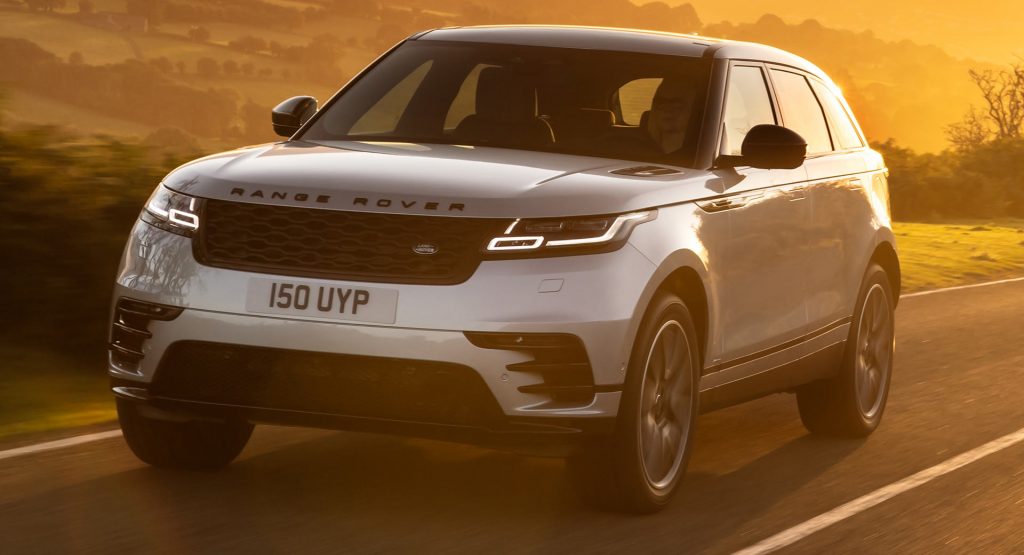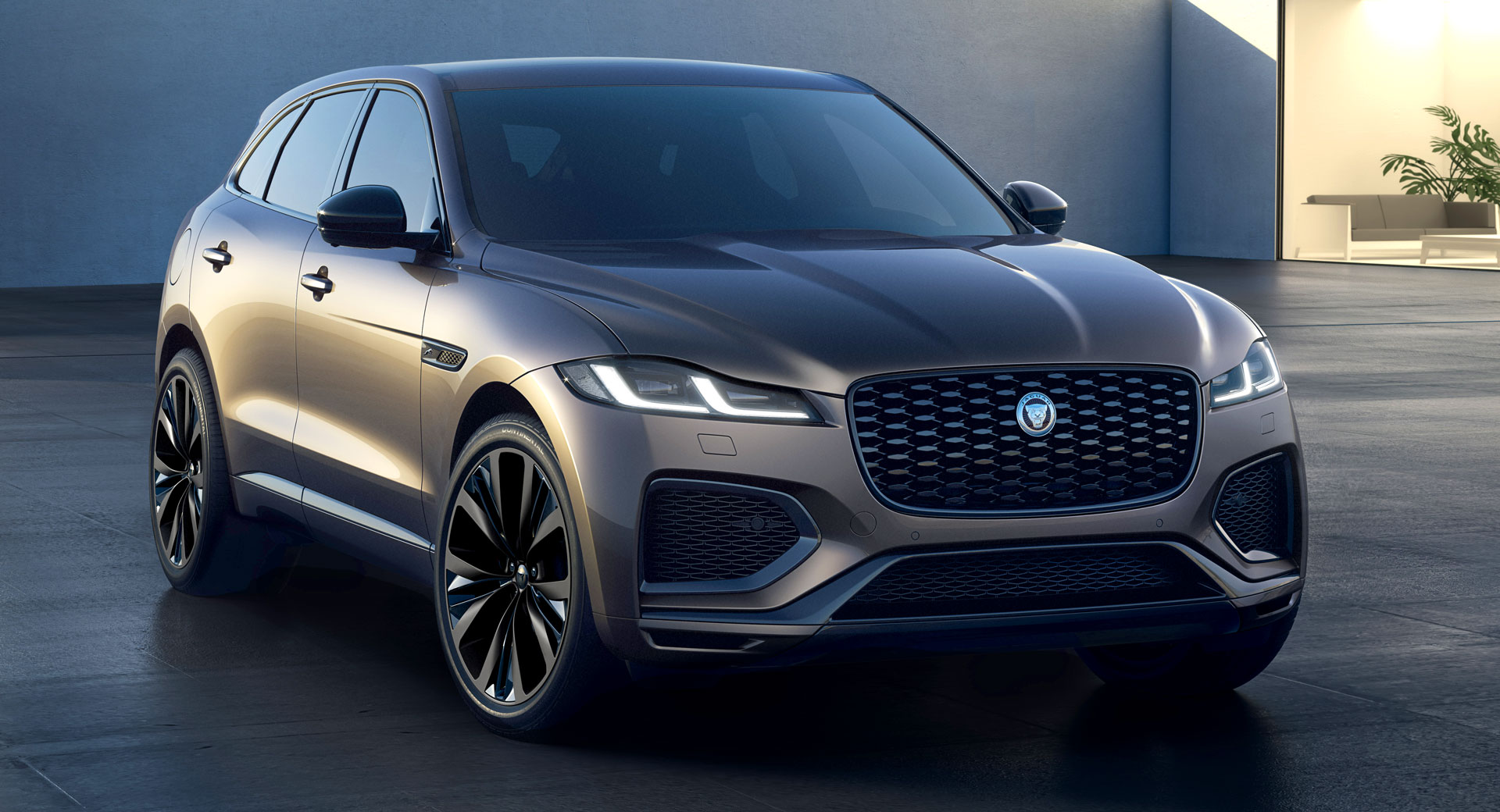Thierry Bolloré warned that the chip crisis wasn’t going away anytime soon shortly before his abrupt departure as Jaguar Land Rover CEO, and now we know just how bad the situation has got for the British luxury carmaker.
JLR is reducing vehicle output at its UK plants until March 2023 as it attempts to tackle a shortage of semiconductors that has hit the company harder than many of its rivals.
Production of the Range Rover Velar and Jaguar F-Pace at the firm’s Solihull plant will be reduced until next spring by moving from two shifts to one, allowing the company to concentrate on delivering its most profitable models, the flagship Range Rover and new Range Rover Sport, according to multiple news reports.
The Guardian reports that an extra shift will be added to allow an increase in the production of Range Rover body panels, and the website also claims that output at JLR’s Halewood factory, where the cheaper (and less profitable) Evoque and Discovery Sport SUVs are built, will drop from two shifts to one. But Defender production at JLR’s Nitra plant in Slovakia is unaffected.
Related: Twitter’s Laid Off Tech Workers Could Find A New Home At Jaguar Land Rover
Many carmakers have struggled to secure an adequate supply of semiconductors over the last year, having previously reduced their orders during the Covid-19 pandemic. But JLR has been particularly slow to recover, a situation made all the more frustrating by the fact that it has an incredibly healthy order book of more than 205,000 cars. Car manufacturing in the UK is running at roughly half the level it was before the pandemic, new figures reveal.
Though Bolloré’s resignation was put down to “personal reasons”, the former CEO must have been taking some heavy flak from bosses at parent company Tata for JLR’s inability to deal with the chip issue. The firm has made some headway in its search for a long-term solution, however. Last month it announced a deal with U.S.-based Wolfspeed to buy silicone carbide semiconductors that will be used in the company’s next-generation EVs from 2024.





